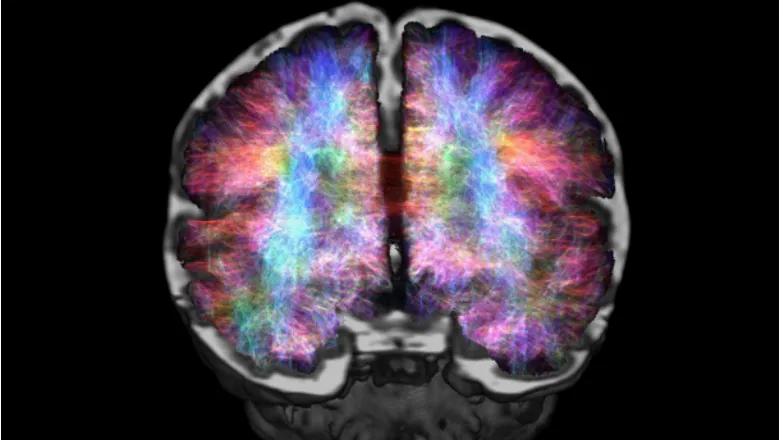The work that we’re doing has a lot of implications for improving health and helping patients. We’re working in particular on problems of brain damage. Using imaging facilities, we can understand what goes wrong with the brain when things do go wrong. Recently, we’ve been linking imaging data from our imaging facility to genetics from the babies and discovered a gene that seems to be involved in the problems of pre-term babies having brain development. This is a target we can now look at in the clinic.”
Professor David Edwards, the principal investigator of the Developing Human Connectome Project
29 August 2018
Milestone Reached as 100 Participants Partake in Child Brain Research
August 6, 2018 marks a key milestone for the high-profile Developing Human Connectome Project, having now conducted 100 fetal MRI scans to contribute to and support their research. The project aims to treat and prevent brain disease in children using cutting-edge imaging and scanning technology. The project was recently featured by the National Institute of Health Research (NIHR) in a film series led by Great Ormond Street Hospital (GOSH), shining a spotlight on the future of children’s research.

The Developing Human Connectome Project (dHCP), led by King’s College London, Imperial College London, and Oxford University, has been studying and documenting how the brain works in foetuses and new-born babies since 2013. Conducted at Guy’s and St. Thomas’ Hospitals, the 100 foetuses scanned return to the hospital to be re-scanned soon after birth in the neonatal period and have a neurocognitive assessment around 18 months of age to uncover how their brains have developed and identify problems areas, if any.
The pioneering clinical trials are conducted at NIHR Clinical Research Facilities (CRFs), dedicated and purpose-built facilities, where specialist clinical research, support staff from universities, and NHS Trusts work together on patient-orientated experimental medicine studies. NIHR CRFs are specially designed to support high-intensity studies and overnight stays, providing mindful and high-attentive care to patients. In the dHCP project, for example, new-borns are well-fed, sleeping, and have an inflated pillow placed around their head to muffle out noises and ensure their comfort as they are scanned. Likewise, pregnant women have several pillows placed around them and are given noise-cancelling headphones with the option to listen to music of their choice during the scan. Participants are also given a buzzer equipped with a microphone to talk to the radiographers if they’d like to ask any questions, feel discomfort, or stop the scan at any point should they wish not to continue.
Films developed by Great Ormond Street Hospital in partnership with Birmingham Women’s and Children’s Hospital, Cambridge University Hospitals, Manchester University Hospitals, Leeds University Hospitals and Guy’s and St Thomas’ Hospitals.
Research funded and supported by National Institute for Health Research (NIHR), Wellcome Trust, Aimmune Therapeutics, The Leona M. and Harry B. Helmsley Charitable Trust, JDRF, Ultragenyx Pharmaceutical, Kyowa Hakko Kirin and the European Research Council.
